Health
-
Lin Test
text with link. This is a quiz. Some text Name Name Quo modo autem philosophus loquitur? Tecum optime, deinde etiam cum mediocri amico. Invidiosum nomen est, infame, suspectum. Name Name…
-

Gender-affirming care is rare, study says
Fewer than 1 in 1,000 transgender youth receive hormones or puberty blockers

-

Nature offers novel approach to oral wound care
Slug’s sticky mucus inspiration behind adhesive hydrogel that can seal wounds in wet environment

-

Time for a rethink of colonoscopy guidelines?
Change informed by new findings would help specialists focus on those most at risk, researcher says

-

Should pharmacists be moral gatekeepers?
‘The problem is not opioids,’ says author of ‘Policing Patients’ — it’s overdose, pain
-

The deadly habit we can’t quite kick
Actions by tobacco companies worry researcher even amid ‘dramatic decrease’ in smoking among young Americans

-
Money makes a difference in cholesterol management
A new study finds financial incentives for cholesterol management may help contain the costs associated with cardiovascular disease, which is the leading cause of death and health care costs in the U.S.

-
Gawande confronts the inevitable
Death, imperfection, and rock ’n’ roll were all part of surgeon-author Atul Gawande’s conversation with Dean David Hempton at HDS convocation.

-
Exercise can ‘clean up’ Alzheimer’s environment
Study finds that inducing production of new neurons can improve cognitive function in a mouse model of Alzheimer’s disease.
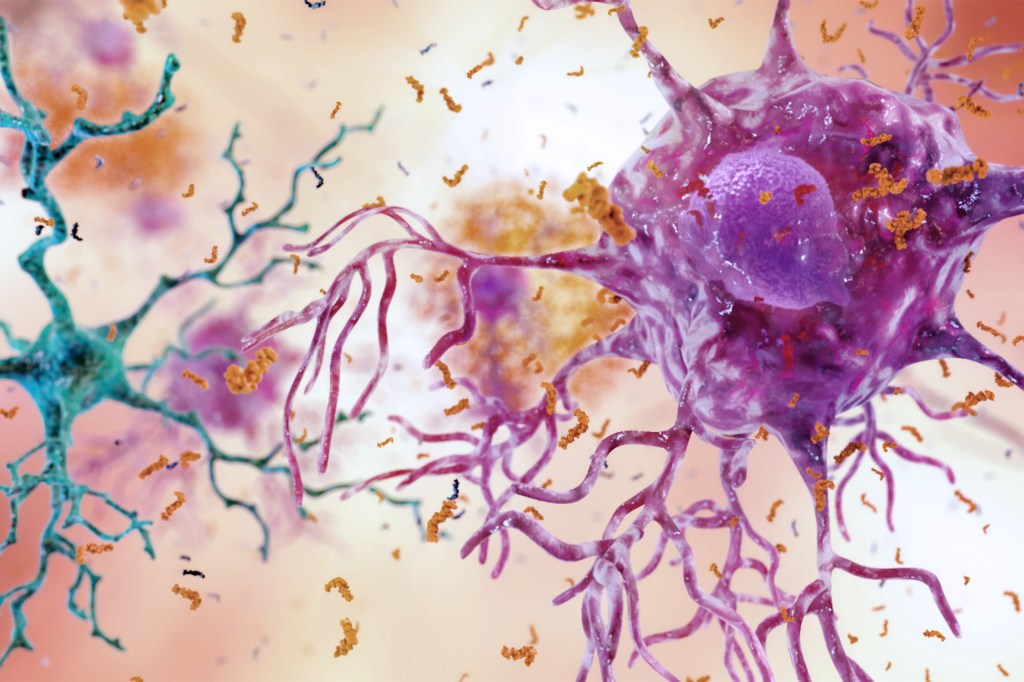
-
A telephone for your microbiome
Genetic engineering allows different species of bacteria to communicate with each other in the gut of a living mouse, setting the stage for a synthetic microbiome.

-
Countering college’s culture of sleeplessness
Harvard’s Class of 2022 will have taken ‘Sleep 101,’ an online module on sleep health, before they even hit campus on Aug. 27.
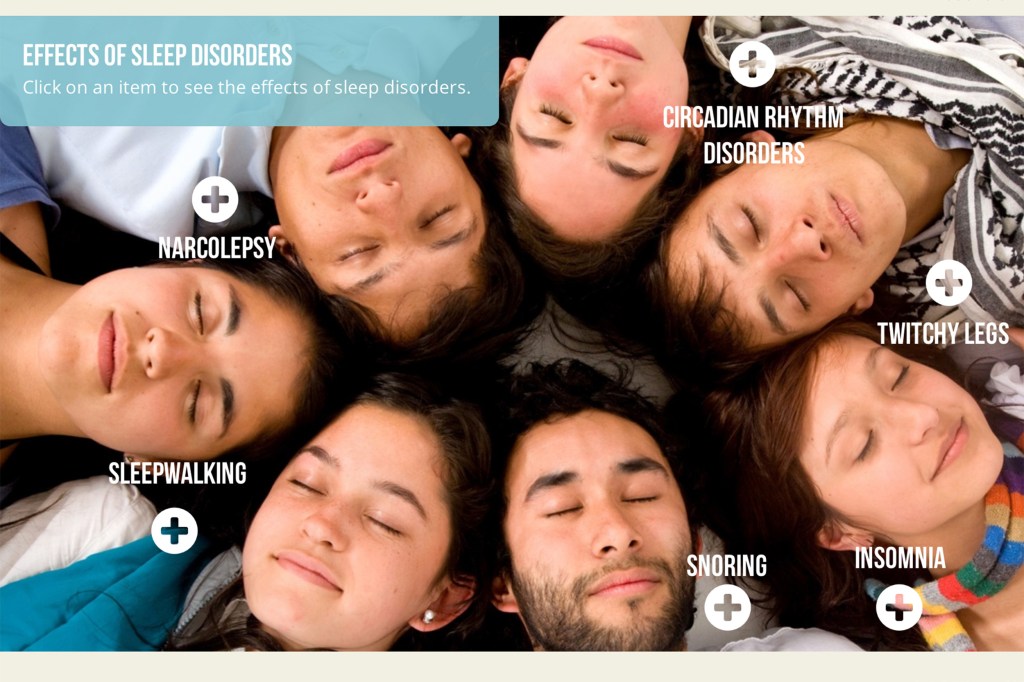
-
Ending 40-year quest, scientists reveal ‘hearing’ protein
Scientists have identified the sensor protein responsible for hearing and balance, putting an end to a 40-year quest.

-
Cities, riders learning on fly as bike-sharing gains momentum
Harvard Chan School researcher Anne Lusk discusses the progress and potential of bike-sharing systems.

-
Research links air quality, air safety
Harvard Chan School researchers recruited 30 commercial airline pilots for a study exploring whether carbon dioxide levels affect cockpit performance.

-
Evolution of cancer cell lines draws concern
Thought to be genetically stable and identical, cancer cell lines harbor significant levels of genetic variation, which may help explain why it can be hard to reproduce findings in cell line-based research.

-
Seeking a culprit behind rise in colorectal cancer among younger adults
Kimmie Ng, a Dana-Farber physician-researcher, answers questions on possible factors driving an increase in colon cancer among young adults.
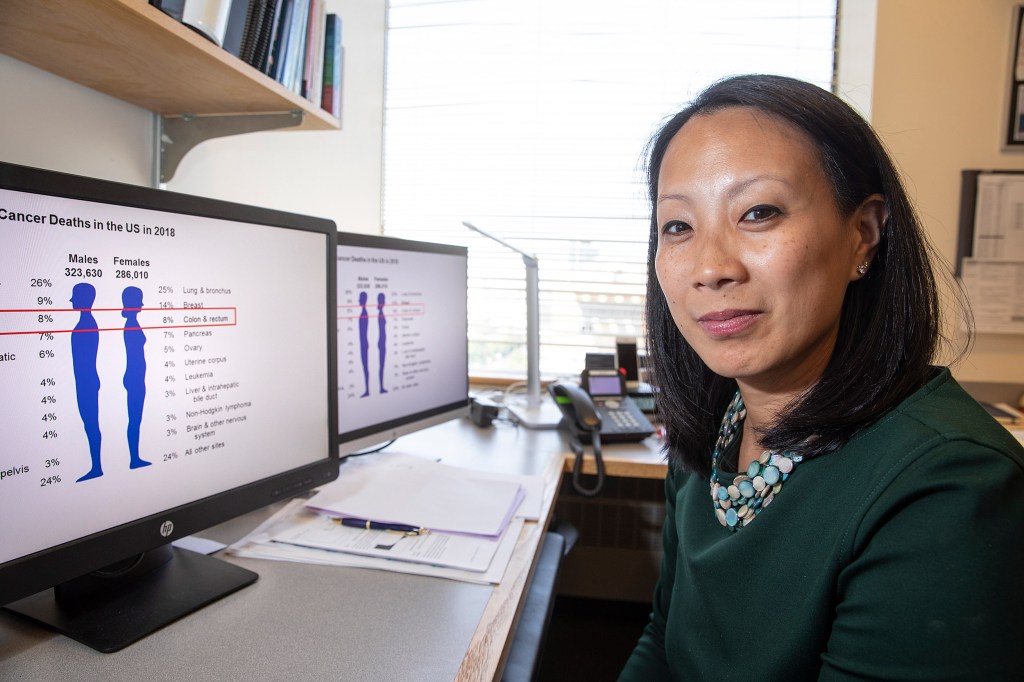
-
Pregnant women encouraged to eat cold-water fish
Pregnant women with the lowest plasma levels of long-chain omega-3 fatty acids — the kind found in fish oil — were at 10 times increased risk of early preterm birth as pregnant women with the highest levels.

-
Cystic fibrosis clues found in newly identified cell type
Researchers have found cells that appear to be the primary source of activity of the gene responsible for cystic fibrosis, a serious, multiorgan disease.

-
‘Alzheimer’s in a dish’ model provides some answers
A Harvard research team has now produced a system that includes neuroinflammation, the key biological response that leads to the death of brain cells and later produces cognitive impairment, which can result in dementia.
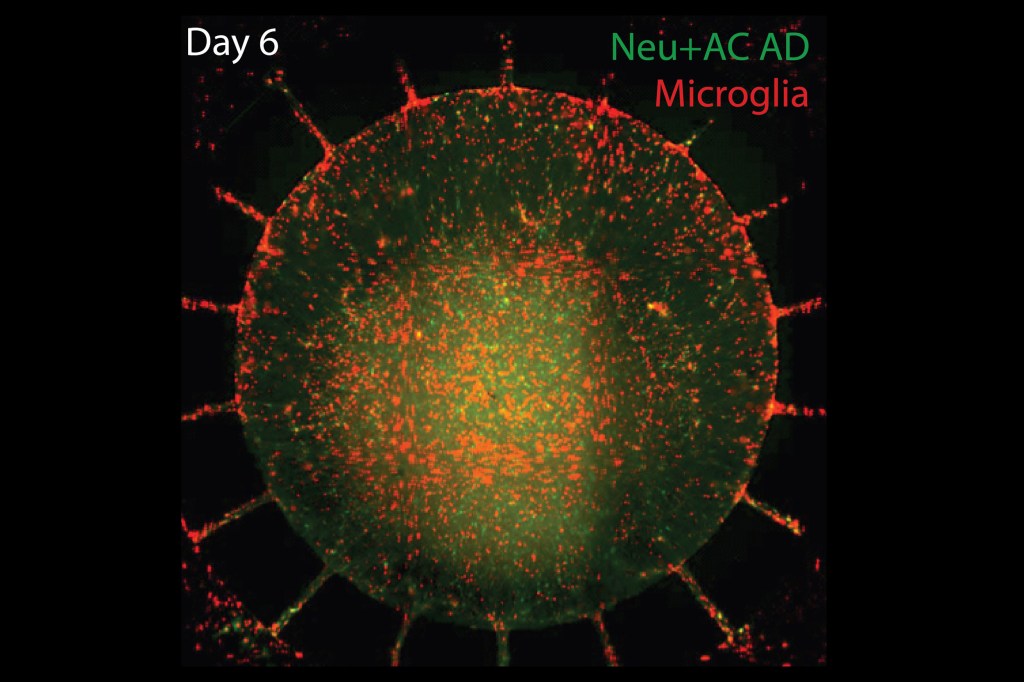
-
Death is universal, but sometimes murky
A Q&A with ethicist Robert Truog to mark the 50-year anniversary of a Harvard Medical School panel’s landmark report on brain death.
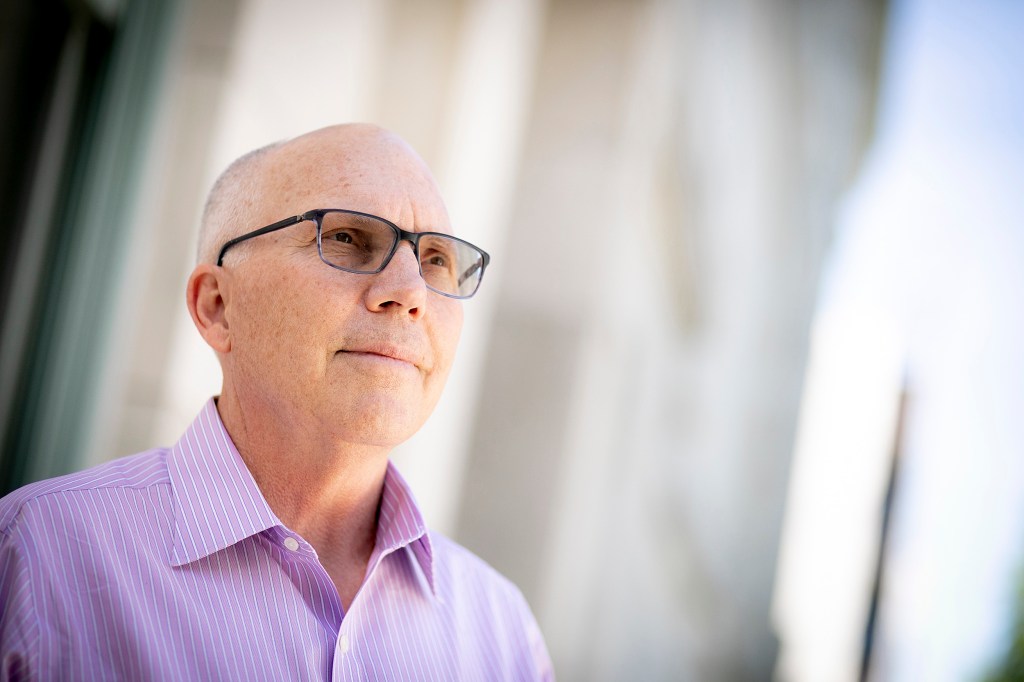
-
Opioid prescribing hotspots uncovered
A study shows that congressional districts in the Southeastern U.S., Appalachia, and the rural West have some of the highest opioid prescribing rates, while those near urban centers, including D.C., New York, and Boston, have some of the lowest.

-
Hitchhiking his way to better drug delivery
Researchers set out to develop a system that could help prevent nanoparticles from being cleared from the blood before they get to their target tissues. Called the “hitchhiking method,” and it’s found to work in human lungs, where a full 41 percent of the nanoparticles introduced into blood were deposited into the lung.
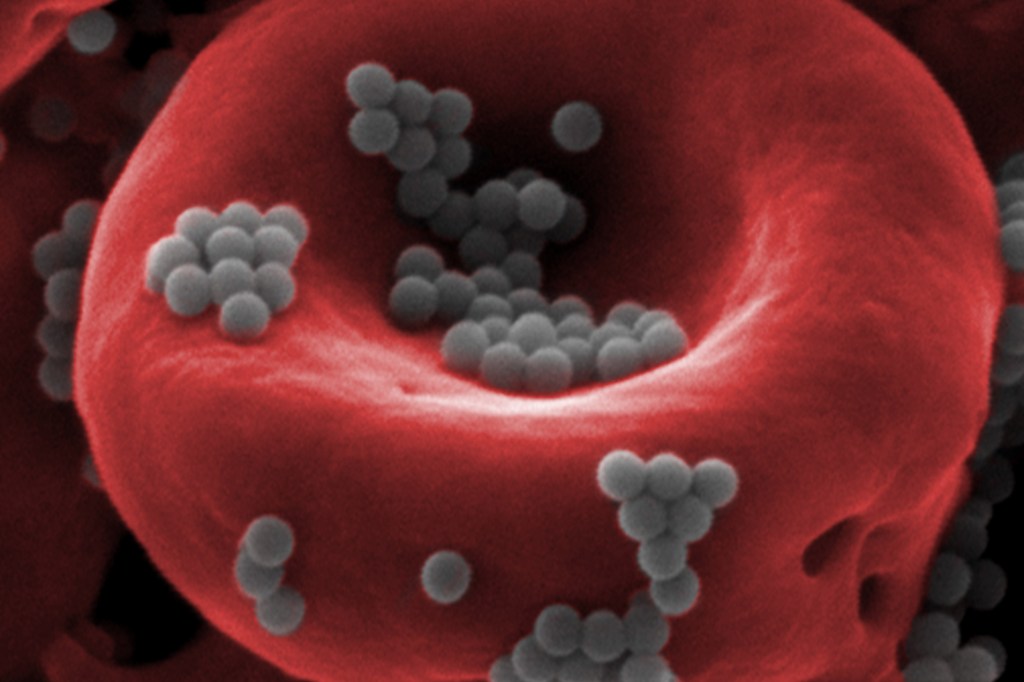
-
Seeking new momentum in malaria fight
Harvard Business School hosted a weeklong leadership workshop supporting global efforts to eradicate malaria.
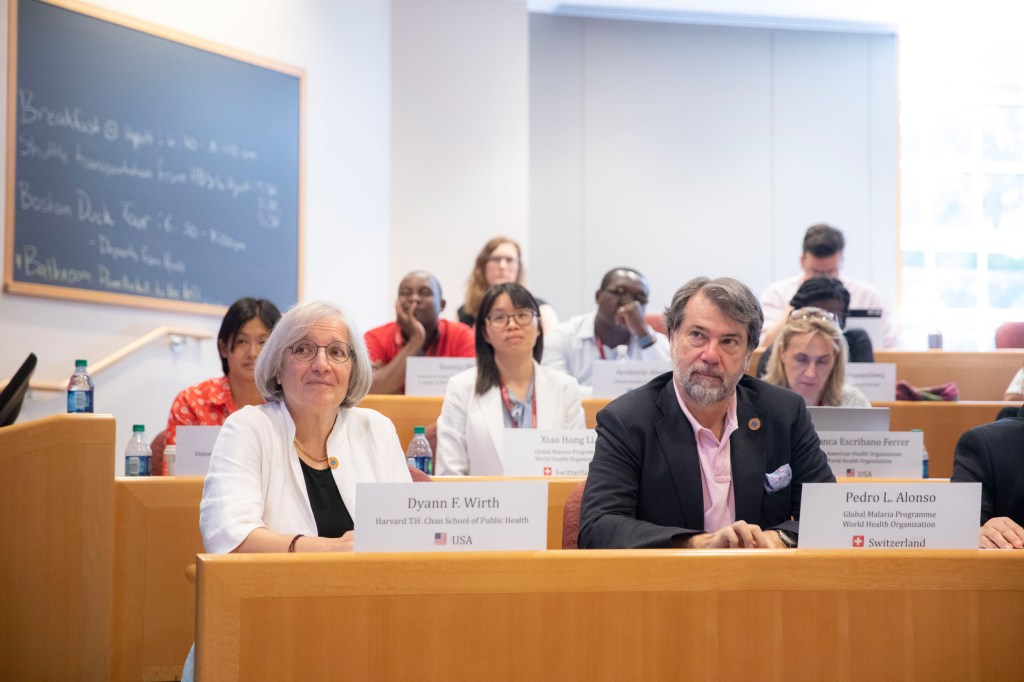
-
Sensory disorders hold key to neurologic treatments
The Bertarelli Foundation is redoubling its investment in Harvard Medical School’s research on sensory disorders.
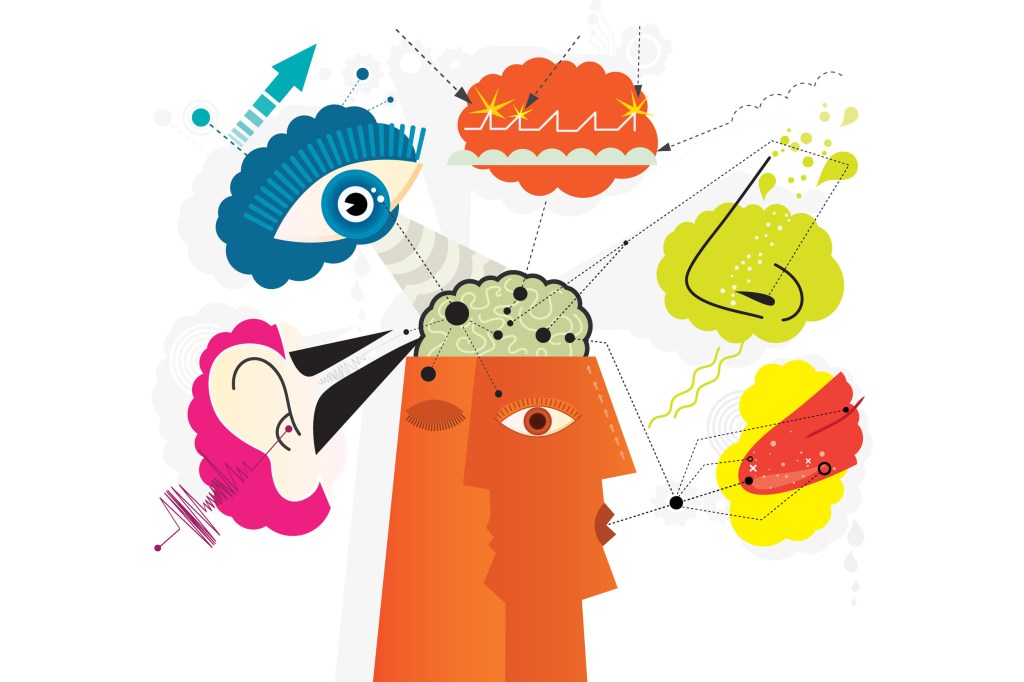
-
The love lives of fruit flies
Harvard study reveals how the neurobiology of fruit fly courtship can help illuminate understanding of human disorders of motivation.
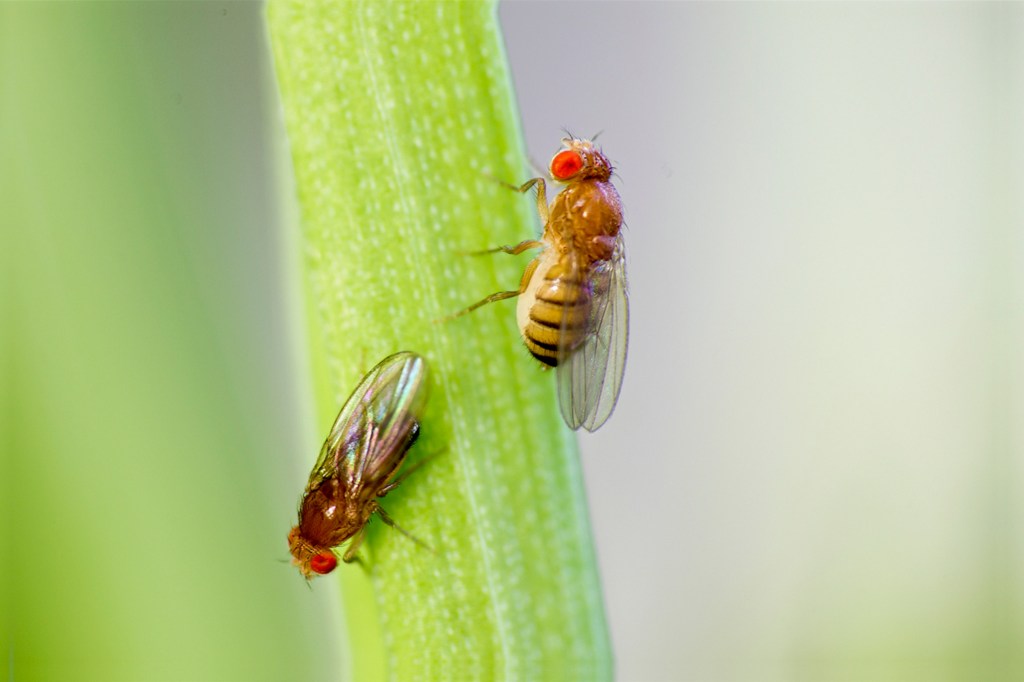
-
The unsavory side of sugar
“Epidemiologic, Physiologic, and Policy Considerations of the Sugar Epidemic” brought health and science experts together at Harvard Medical School to discuss sugar’s effects on health and public policy.

-
Five habits that make for a fit family
A new Harvard study finds that children are 75 percent less likely to become obese when their mothers followed five healthy habits as compared with children whose mothers did not follow any such habit.

-
Flight attendants have higher rates of breast, uterine, other cancers
U.S. flight attendants have a higher prevalence of several forms of cancer, including breast, uterine, and cervical, when compared with the general public, according to research from the Harvard Chan School.

-
Mindfulness meditation and relaxation response affect brain differently
A Harvard study shows mindfulness meditation and “The Relaxation Response” provide distinct effects on brain areas associated with awareness and with deliberate relaxation.

-
Smartphones, teens, and unhappiness
Psychologist Jean Twenge examines how smartphones affect teenagers’ happiness, and advises on the healthiest ways for children and adults to use smartphones.

-
When wandering minds are just fine
While most of the psychological literature calls mind wandering a detrimental “failure of executive control” or a “dysfunctional cognitive state,” a new study led by Paul Seli, a Banting Postdoctoral Fellow working in the lab of Dan Schacter, suggests that in some cases there’s no harm in it.
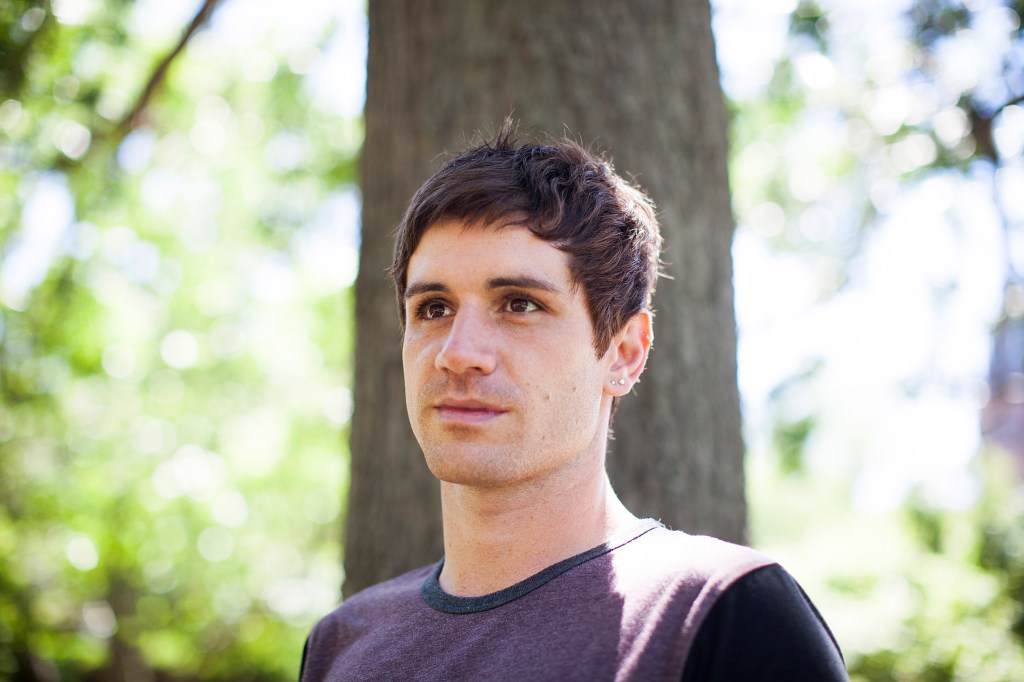
-
Harvard program hears from Sirleaf on putting education first
Ellen Johnson Sirleaf shared her experiences as president of Liberia in a session of the Harvard Ministerial Leadership Program.

-
Big data targets drug resistance
Harvard Medical School symposium examines the role of big data in fighting drug-resistant microbes.
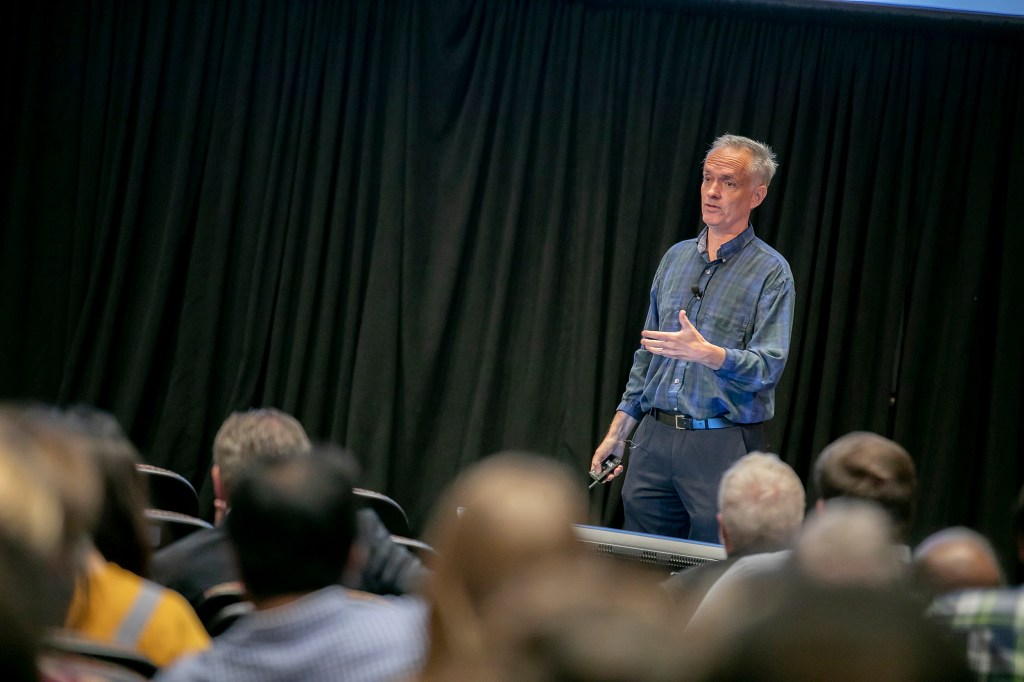
-
Survey of oncologists finds knowledge gap on medical marijuana
Harvard psychiatrist Ilana Braun found a knowledge gap on medical marijuana in a survey of oncologists nationwide.

-
A better way of living
Aaron Bernstein, associate director for Harvard’s Center for Health and the Global Environment, studies how changes in transportation, diet, and energy can immediately benefit health.
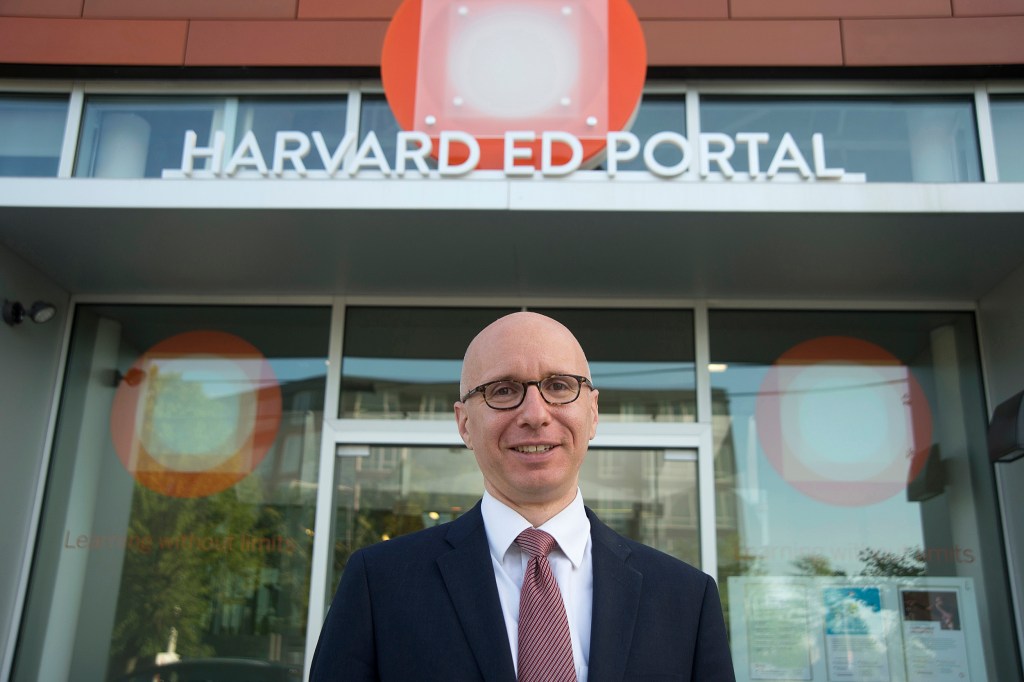
-
Fired-up McCarthy takes leadership role at Harvard Chan School
The Harvard Chan School relaunched its center for health and environment with a new name, a new director, and a new collaboration with Google.


